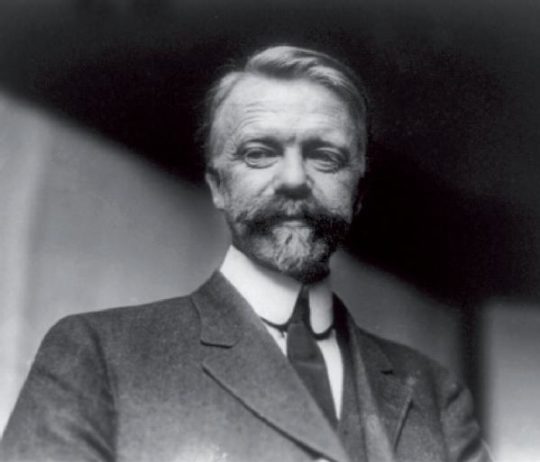Business can be defined as an organization that provide goods and services to others, who want to do or need them, when people think of business careers, they have to think of job in large wealthy corporation, there are wide verity of career areas in business line. Business Entity is an organization that possesses a separate existence for tax purposes. Some types of business entities include corporations and foreign corporations, business trusts, limited liability companies, and limited partnerships The two basic types of business entities are sole proprietorship and partnerships. Sole Proprietorship Sole proprietorship type of business entity which legally has no separate existence from its owner. Limitations of liability enjoyed by a corporation and limited liability partnerships do not apply to sole proprietors. Also debts of the business are debts of the owner in the case of sole proprietorship type of business. A sole proprietorship essentially refers to a Continue reading
Management Basics
Henri Fayol – Father of Modern Management Theory
Henri Fayol was a French industrialist and manager, working in the mine industry and looking for applicable solution to business management. He went to school in Lyon (the second largest city of France) and enrolled at the engineering school of Saint-Etienne (Ecole Nationale des Mines). He received an education as a mine engineer and graduated in 1860 from this school at the age of 19. He was first employed as an engineer at Boigues, Rambourg and Co. In 1874, this company became Commentry-Fourchambault SA or Comambault). It is important to notice he spend all his professional life in the same company experiencing its expansion and knowing well its structure and production methods. Fayol was first remarked as an engineer when he wrote a paper proposing a solution to fire hazard, fire fitting and spontaneous combustion in mine, destructing men and installations. In 1866, he was appointed director of a single Continue reading
Conceptual Perspectives on Management
Management has become a part and parcel of everyday life, be it at home, in the office or factory and in government. In all organizations, where group of human beings assemble for a common purpose, management principles come into play through the management of resources, finance and planning, priorities, policies and practice. Management is a systematic way of carrying out activities in any field of human effort. Efficacious and effective management is not possible without in-depth knowledge of the organisation which is being managed. Organisational knowledge is absolutely critical to building, preserving and leveraging institutional excellence. It is like the air you breathe-you cannot measure it, touch it, or see it but you cannot survive without it. The basic elements of management are always there whether we manage our lives or our business. In fact, management is used knowingly or unknowingly by everybody born as human being on this earth. Continue reading
Critical Evaluation of Henry Fayol’s Principles of Management
Henri Fayol was a pioneer in developing the theories of management and published the leading book, ‘14 Principles of Management’. It was one of the first books of its kind to be published about management and to this day Fayol is known as the father or modern management. Fayol was instrumental in establishing original ways for mangers to guide their employees towards being more efficient in achieving goals. He is widely considered to be one of the most important theorists of his time and some of his ideas are still applied to modern day management. The first principle hypothesized by Fayol was the one of division of labor. Fayol argued that efficiency can be maximized by distributing tasks to employees according to their specialization or by achieving specialization through repetition. This theory is applicable to businesses who have many or even few employees. The theory suggests that work should not Continue reading
Major Schools of Management Thought
Business in today’s world has become an extremely competitive force changing continuously at a rapid rate. Working in the 21st century requires dealing with a dynamic environment with people that have diverse needs. Every business organisation needs to be managed, and hence there is a need for managers. Even years back there was a diverse need for management of organisations. There have been people who have tried to study management so as to make the most efficient and effective use of their resources. There have been scientific methods, and similarly there have been methods based on people’s behavior. Organisations nowadays use these methods in their business management. Harold Koontz and Heinz Weihrich refer to management as the process of designing and maintaining an environment in which individuals, working together in groups, efficiently accomplish selected aims. Management has been referred to as an art and a science, some people even call Continue reading

